If you have chickens laying soft eggs and aren’t sure what to do about it, you’re in luck because I have plenty of answers.
Soft eggs, also called shell-less eggs, soft-shell eggs, partially shelled eggs, or rubber eggs can be a sign of a few different factors, such as illness, age, and diet.
Some of these factors are out of your control (like age), some aren’t (like diet), and some factors are bigger causes for concern than others (like illness and stress).
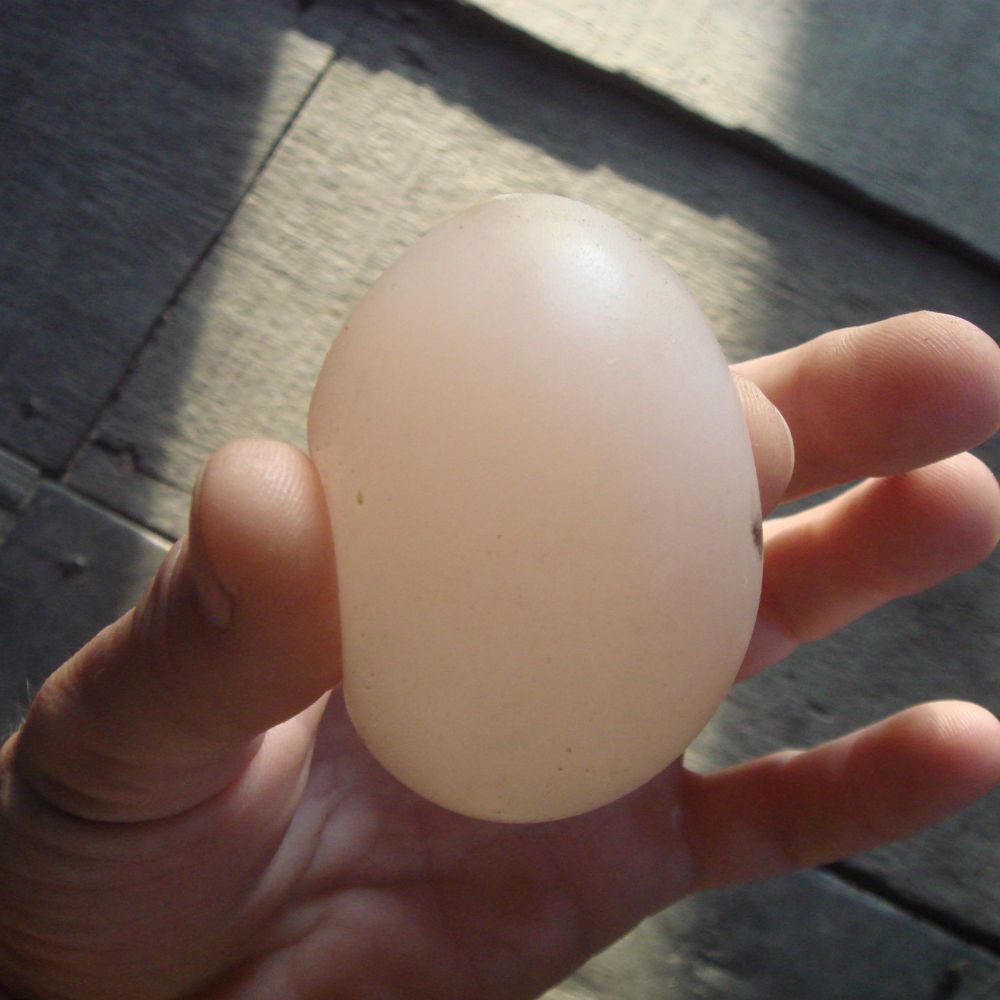
Table of Contents (Quickly Jump To Information)
Soft Egg Surprise
We occasionally get chickens laying soft eggs on our farm, and they’re simultaneously interesting AND disturbing.
Back many years ago, the first time we saw a soft egg, we didn’t know what to make of it. Our latest batch of chickens were young brahma pullets that just started laying.
One of the first eggs we got from these layers didn’t have a shell – just the thin membrane, albumen, and yolk. And it had gotten squished in the nesting box and spread everywhere. We were so disappointed – we were looking forward to gathering eggs for the first time!
But the hen’s subsequent eggs were healthy and normal with regular egg shells. Whew!
Chickens laying soft shell eggs can happen for a variety of reasons, which we’ll talk about below.
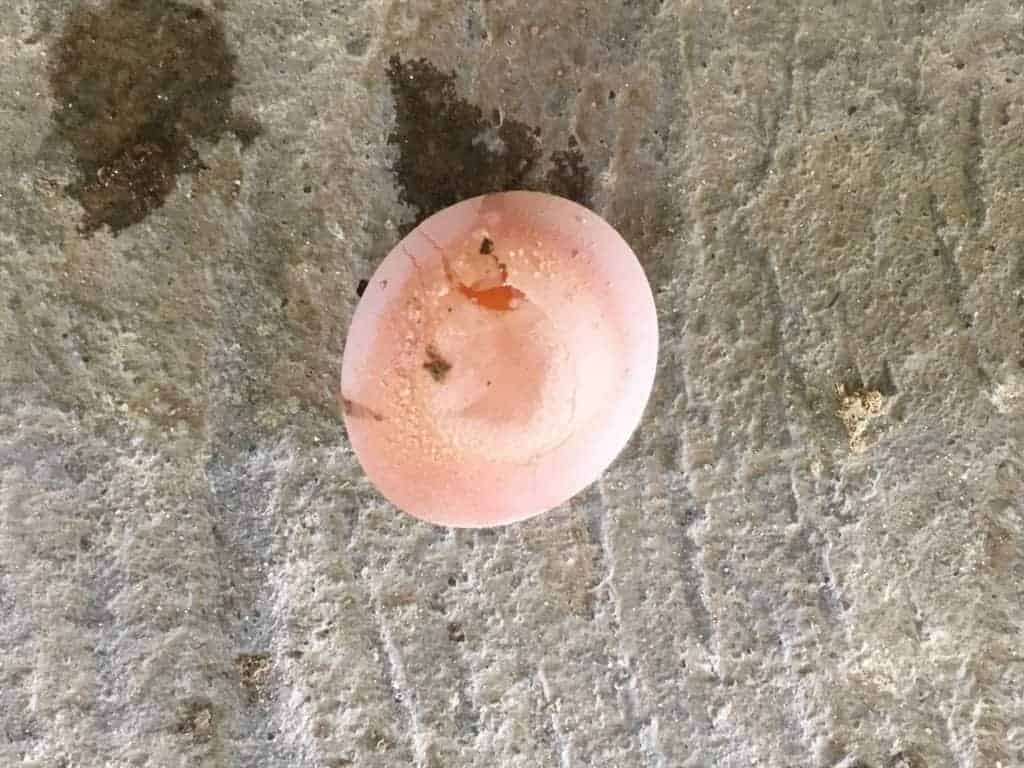
4 Reasons for Chickens Laying Soft Eggs
#1 Age of Your Hen
One of the first things you should look at if you have chickens laying soft shell eggs is the age of your flock. When pullets first start laying, they’re more likely to lay soft-shelled eggs, eggs missing their shell or thin-shelled eggs than older laying hens. (And yes, these eggs go bad much quicker than their hard-shelled counterparts)
This can be for a couple of reasons: your backyard chickens don’t yet have enough calcium in their diet (more on that in the next section) or their bodies are getting used to laying, and haven’t quite caught up yet.
If you’ve been feeding your older pullets a grower ration, and they lay a soft egg, then switch them to a layer ration. The grower feeds don’t have as much calcium as a layer feed, so your chickens might not have enough calcium in their diet to support building an eggshell.
Simply switching to a layer feed or offering her a calcium supplement will likely solve the problem, and your chickens will probably start laying normal healthy eggs.
If your chickens already have enough calcium in their diet (if you offer them a supplement already, for example), then it’s possible her body is just getting used to the rigors of laying and didn’t properly apply the calcium to totally encase her egg.
As long as she seems healthy and starts laying normal eggs, it’s probably nothing to worry about. It also might be a breed issue. We’ve had many types of chickens on our farm, including:
as well as various heritage chicken breeds, and each of these hens have never laid a shell-less egg. So you just never know.
#2 Calcium Deficiency
We’ve touched on calcium deficiency already, but if your chickens are older and laying regularly but suddenly give you soft eggs, then it’s time to look at their calcium intake.
We love and recommend this product called Herbal Oyster Shells because it’s a great source of calcium and our chickens love it:
One of the most frequent causes of laying thin shells or soft eggs is a diet low in calcium. While most quality layer feeds have extra calcium in them, you should still offer a supplement just to make sure your hens get enough.
If your laying chickens aren’t eating enough calcium, soft eggs aren’t your only concern. In order to produce eggs, hens must draw calcium from somewhere. If they can’t get it from their diet, your chickens will start pulling it from their bones, which can lead to another set of health problems and shorten their lifespan.
You can always use the shells from eggs that fail the egg float test because they’re too old for humans to eat. You can also use those old shells in your garden and you’ll love the results.
#3 Stress
Stress can also lead to soft eggs or thin eggshells. There are four types of stress I’ll cover here: environmental, heat, roosters, and illness.
Environmental
Environmental stress can be caused by many things. One example is a coop or chicken run that’s too small and packed with too many chickens. You can read about what a coop should include right here – there are certain features you should build a chicken coop with to reduce stress.
Are your chickens cooped in a small area all day? Do they have 10 square feet of space each? It’s possible her environment is causing her stress, and the calcium is being diverted from creating eggshells to supporting your hen’s bodily health.
Another example is stress caused by roosters mating too frequently. If you want fertilized eggs, you need a rooster but you might have to separate him at times. Or, if you have too many roosters for the number of hens, you might need to rehome a rooster or two.
Predators can also cause a dangerous amount of stress. In one memorable experience on our farm, one of our chickens watched a dog kill her flock mate. The surviving hen never laid well after that, and laid a couple of rubber eggs. Since her diet was good and she was healthy, environmental stress seemed to be the cause.
This type of stress can also affect your chicken’s lifespan.
Heat
If you’ve ever wondered “Why did my chicken lay a soft egg” when it’s warm out, then heat stress might be the culprit. I’ve learned that hot weather can be a big factor in thin-shelled eggs or shell-less eggs. Heat is hard on chickens, much more so than cold weather.
Chickens have a natural body temperature of around 106 degrees and don’t have the same effective cooling mechanisms that humans have. So, they feel the heat a lot more than we do, and that can temporarily affect their laying ability.
There’s not much you can do to control the weather, but you can offer your hens some relief from the heat. Make sure they have enough water, and a cool area to rest in.
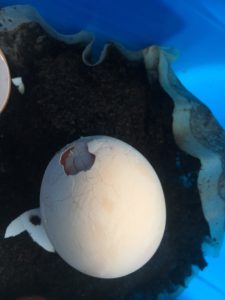
If you think heat stress can be affecting your flock’s egg production, then start offering nutritious treats like frozen fruit and mealworms to keep their diet up to snuff.
It’s also a good time to offer a free-choice calcium supplement to ensure they’re getting enough calcium. Hot weather can lead to dietary deficiencies because chickens start using nutrients to battle stress and less for laying healthy eggs.
Roosters
Sometimes, roosters can over-mate with hens, and cause stress. If that’s happening, then you can isolate the hen – she won’t need the rooster to lay eggs. Or you can move the rooster elsewhere. Also, be sure you don’t have too many roosters for the number of chickens you have.
Illness
Soft eggs can also be a sick chicken symptom. If your hen’s body isn’t feeling healthy, she will use dietary nutrients to fight off the illness instead of creating a healthy eggshell.
A soft egg can indicate any sort of illness, from a bacterial infection to bumblefoot, to a virus, to trauma, and more. If you think your hen is sick, then a vet can diagnose her exact illness and recommend a treatment. If you don’t have a vet that takes chickens as patients, then check with a knowledgeable friend or perhaps post your questions on a specialized Facebook group page.
In my experience, once the illness is resolved, the hen starts laying healthy-shelled eggs again.
#4 Sometimes Soft Shell Eggs Just Happen
Let’s say your flock’s diet is calcium-rich, you don’t see any environmental factors, heat stress, or signs of illness, but your chickens lay a single soft egg. It’s possible the rubber egg is just one of those things that happen. Chickens are living organisms. Like people, sometimes things just go awry, and there’s no logical explanation.
Perhaps her body just sent the egg through the oviduct faster than normal…as long as the hen seems healthy and it’s only one chicken egg without a shell, I usually don’t worry too much about it. Things happen!
Bonus Question: Can You Eat a Soft Shell Egg?
A question I’m frequently asked is whether soft eggs can be eaten. Honestly, when I come across an egg with just the membrane, if it’s intact, I give it to my pigs. One of the purposes of the shell is to keep bacteria and other pathogens out of the egg. Without it, there’s a chance it’s been invaded by germs I don’t want to eat. So personally, I don’t eat them.
Summary
So, soft eggs can be disturbing but don’t panic. As you can see there can be a lot of possible reasons, some of which are no big deal. The ones that are a big deal you can likely identify and remedy. There are a lot of ways to fix the problem, and it’s not necessarily a sign your flock is unhealthy.
Resources:
Johnston SA, Gous RM. “Extent of variation within a laying flock: attainment of sexual maturity, double-yolked and soft-shelled eggs, sequence lengths and consistency of lay.” Accessed August 22, 2016
Gary D. Butcher and Richard Miles, “Concepts of Eggshell Quality,” University Of Florida, IFAS Extension. Accessed August 22, 2016
Maat van Uitert is a backyard chicken and sustainable living expert. She is also the author of Chickens: Naturally Raising A Sustainable Flock, which was a best seller in it’s Amazon category. Maat has been featured on NBC, CBS, AOL Finance, Community Chickens, the Huffington Post, Chickens magazine, Backyard Poultry, and Countryside Magazine. She lives on her farm in Southeast Missouri with her husband, two children, and about a million chickens and ducks. You can follow Maat on Facebook here and Instagram here.

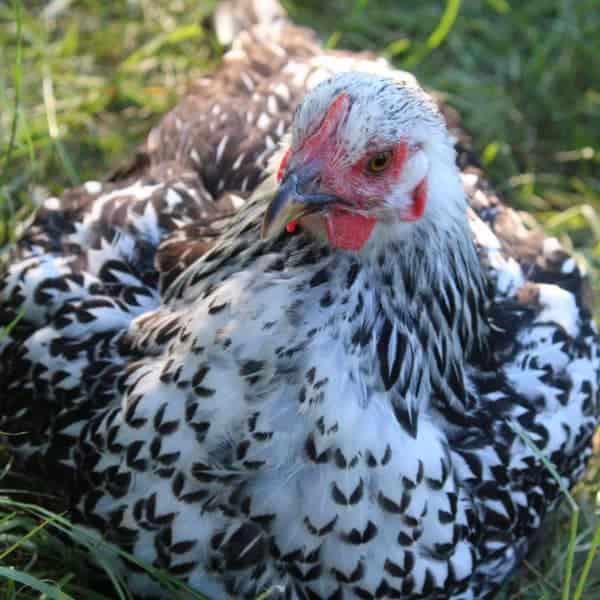
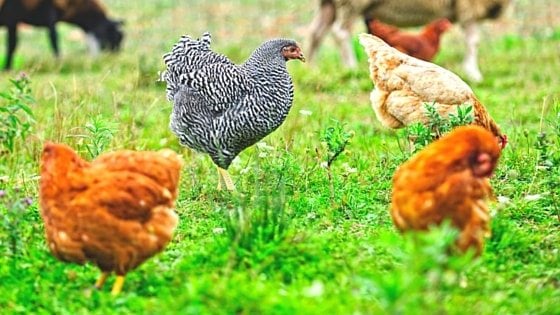

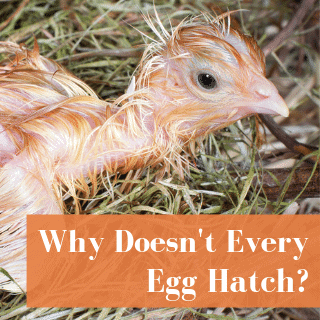
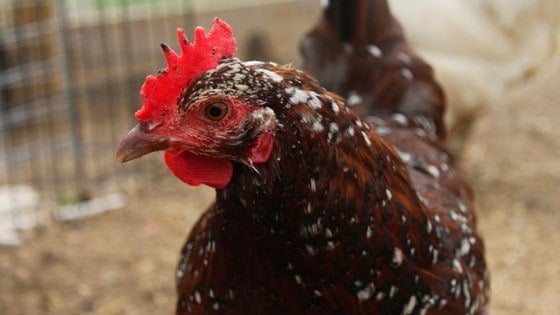
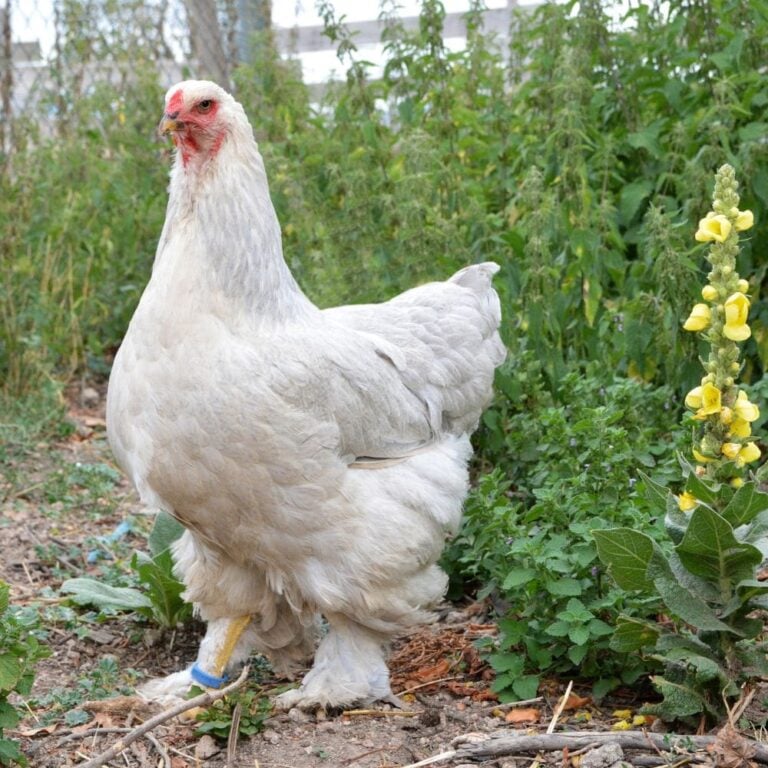
Got a soft-shell duck egg this morning (Oct 3 2016), put it in the incubator. Will keep you posted!
We are first timers and enjoy our girls. We have had 2 soft shells and a very tiny soft she’ll.
Having read your page we can now look at what we are doing.
Thanks
I’ve gotten at least 20 soft shelled eggs in all my time raising chickens.
I had my daughter looking after our 2 chickens they have only started to lay the last couple of weeks for a couple of days she had one soft shell and I have found one soft shell egg today when I came home
We’ve got a buff who has been laying soft shelled eggs every time. Some in the box and some in the night off of the roost. She also has a nervous tick or something, shakes her head and makes a clicking noise. Ears are clear and no signs of illness. All the other girls are laying fine so we can’t figure it out!
Very informative! Thank you.
My New Hampshire Red was bound with a soft egg, which she eventually passed broken, after laying one from the roost. Took her to avian vet who found nothing wrong with her, and afterward she laid one tiny, pinkish hard shelled egg. She hasn’t laid a normal egg since, but laid a soft one in the box and another from the roost. She refuses oyster shell. Have supplemented calcium +D3 over sardines as a calcium-high treat. Today she is bobbing her tail and closing her eyes again, like the first time. She is acting completely normal otherwise… foraging with her sisters, etc. Her “fluffy butt” appears as though she is starting her first molt. I hope this explains the soft eggs and she takes a break to molt and it resolves itself afterward.
I have a couple of hens laying ruff eggs in other word not nice smooth eggs. Then i have some that the shells have little separate hard bumps on them.
Gloria
Love reading all of the different comments.
I have one americauna hen that has the thinnest shelled eggs. They are whole and we can eat them but the difference in shell thickness is noticeable. Just wondering if this may be a trait of the breed, where they have a coloured shell all the way through and not colour on a white shell.? Does anyone know more about this breed and thin shells.
It sounds like she’s not getting enough calcium. Are you giving her a calcium supplement?
I randomly get rubber eggs. Thank you for article. Very informative. I think mine are due to the west Texas heat. I have introduced yogurt to cool them down. They love it!!
I’ve had the odd soft shell egg in the coop of hens that I raise. After I’ve played with it a bit cause after all it is very neat to see like. I give it to the dogs, if it makes it that far without popping. I just up the calcium available to the girls and things settle down.
I found a broken soft shelled egg on the floor of the coop this morning. I thought it was probably due to them being new layers, and that they keep dumping the oyster shell, so I never never know if there’s enough out there. So I attached the container to the side of the coop. Of course, the weather is changing and I had to renovate a coop when the bought one started leaking, so they’re stressed a bit, too. Glad to read that others have laid at night from the roost, so finding it there isn’t too weird! Here’s hoping it all evens out!
very nice for starters